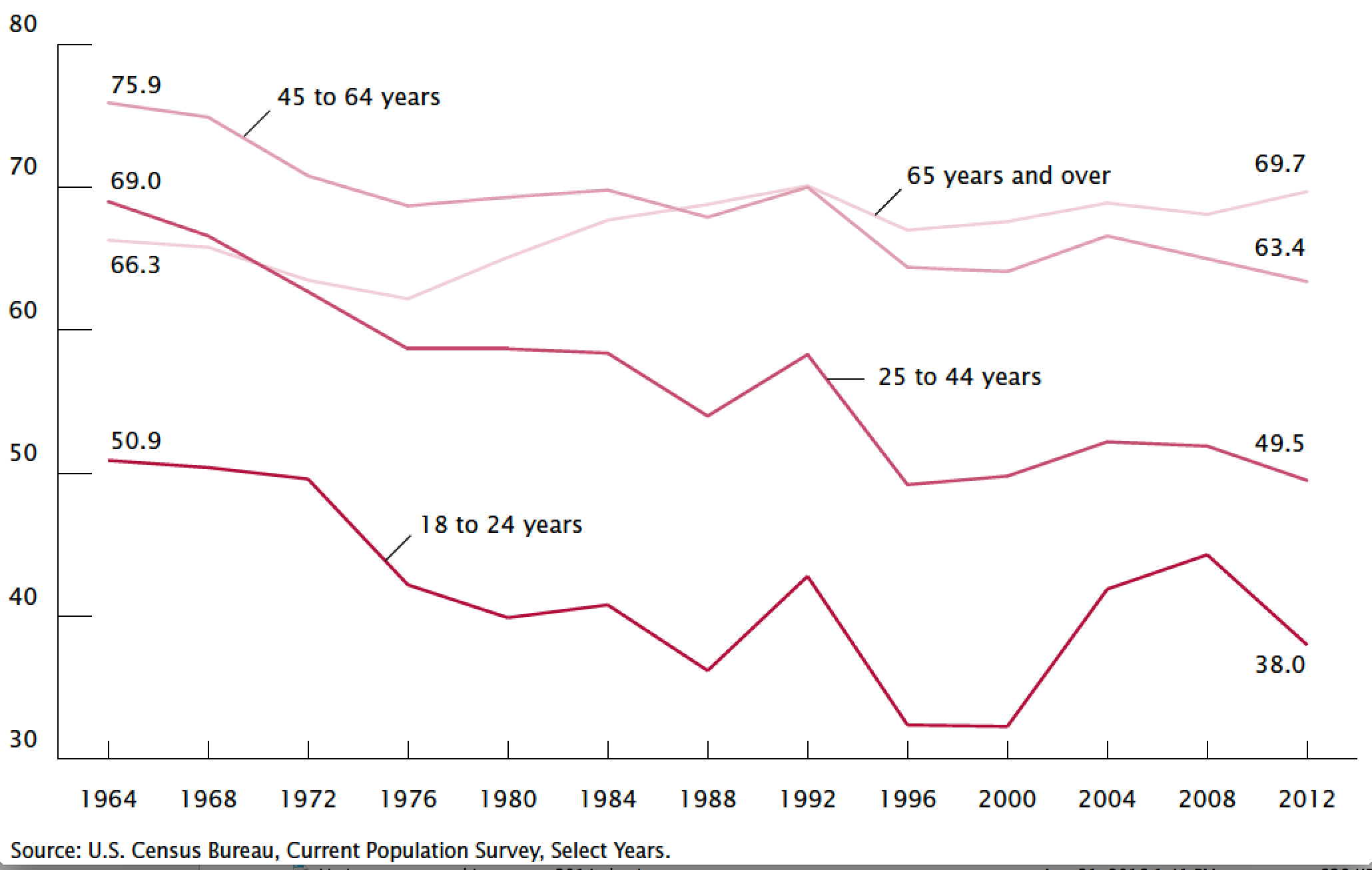

2016 midterm elections registration#
Many would-be voters face a range of barriers: voter ID laws, registration difficulty or criminal records. In 2016, 4 percent of registered voters did not vote because of "registration problems," according to a Pew Research Center analysis of Census Bureau data. Hundreds of thousands of nonvoters want to vote, but can't. Her research found that nonvoters are more likely, for example, to support a redistribution of wealth, housing bailouts and expanded social safety net programs. "The one consistent finding from 1972 up through 2008 and in subsequent elections are that voters and nonvoters have different preferences on economic policies," said Jan Leighley, co-author with Jonathan Nagler of the book Who Votes Now? Demographics, Issues, Inequality, and Turnout in the United States. It ultimately influences which policies elected officials enact and whose interests candidates ignore and acknowledge. It's debatable whether election results would be different if the entire population voted, but voting determines more than which candidate wins or loses. Some research also indicates they're more likely to align with the Democratic Party. Nonvoters are more likely to be poor, young, Hispanic or Asian-American. The wealthy tend to vote more frequently. But there's another important question: W ho is not voting - and what impact does that have? Every election cycle there's a lot of attention on who voted and why.


 0 kommentar(er)
0 kommentar(er)
